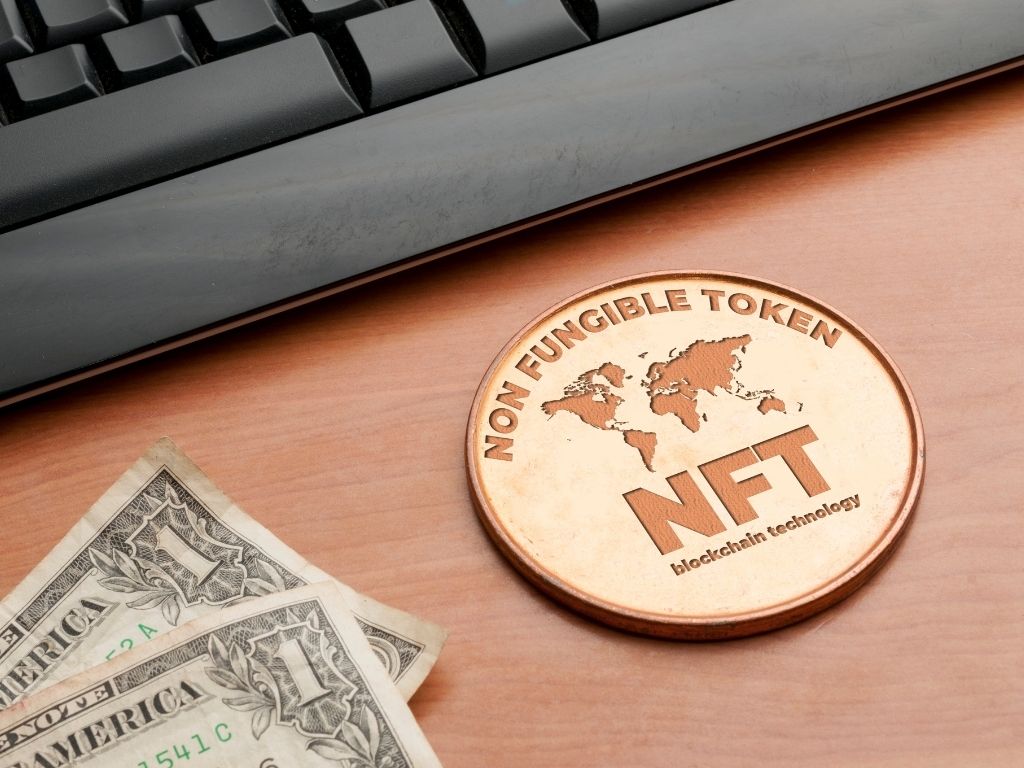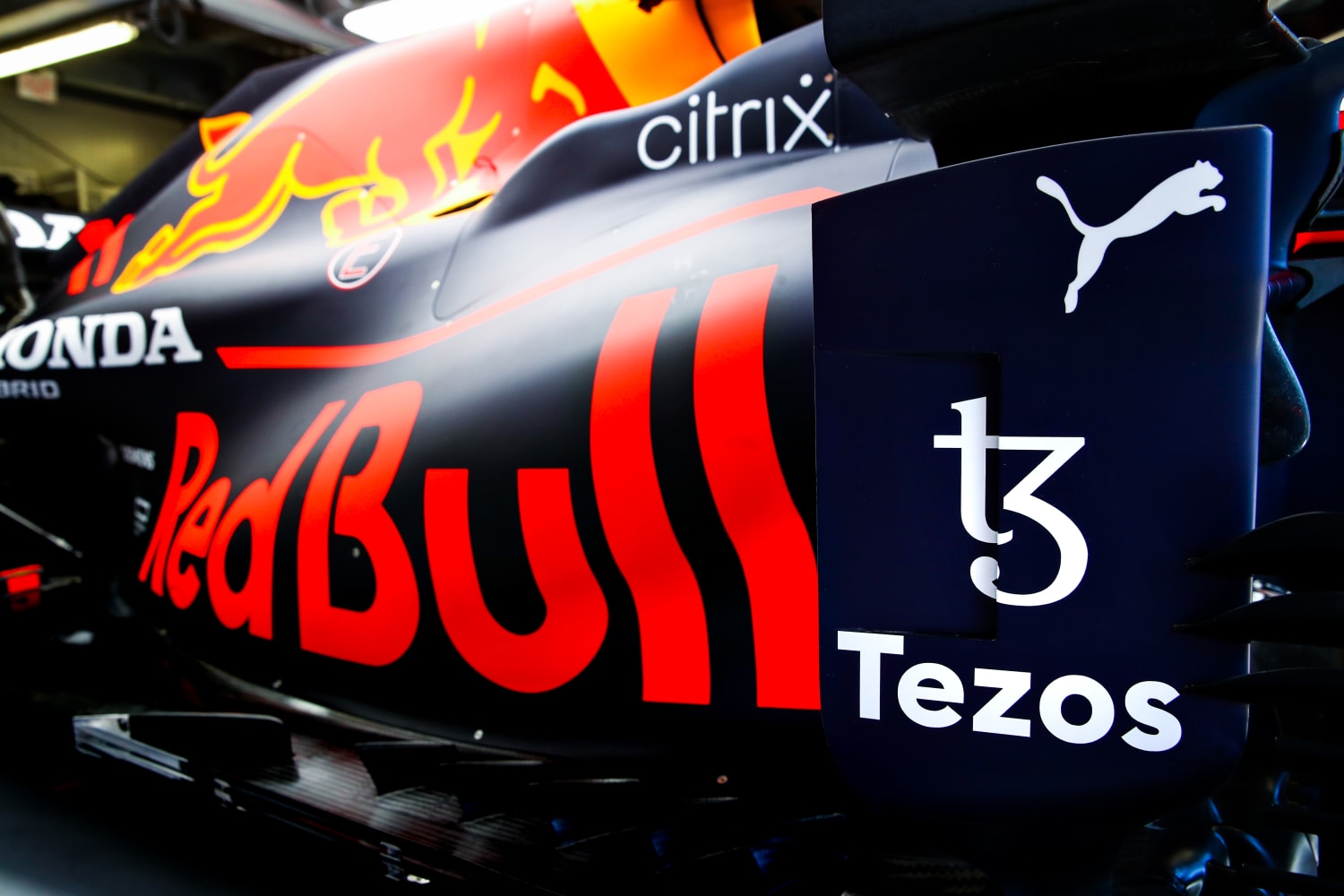NFTs In Sports: A New Era of Fan Engagement And Memorabilia
NFTs, or non-fungible tokens, have created a new era of fan engagement and memorabilia in the sports industry. NFTs in sports allow fans to own unique digital assets related to their favorite athletes and teams, and provide new opportunities for sports organizations to engage with their fans and monetize their content.
Benefits of NFTs in Sports
One of the key benefits of using NFTs in sports industry is the ability to offer fans exclusive content and experiences. For example, an athlete may release a limited-edition NFT that represents a significant moment in their career, such as a game-winning shot or a record-breaking performance. Fans who own the NFT can then access exclusive content related to that moment, such as behind-the-scenes footage, interviews, or even meet-and-greet opportunities with the athlete.
NFTs also provide a way for sports organizations to monetize their content and intellectual property. For example, a sports team may release NFTs representing team logos, uniforms, or virtual stadium experiences. Fans can purchase and use these NFTs in digital environments, such as video games or virtual reality experiences, creating new revenue streams for sports organizations.
Another benefit of using NFTs in the sports industry is the ability to combat counterfeiting and piracy. NFTs are unique and cannot be replicated, providing a way for sports organizations to prove the authenticity and ownership of their digital content and assets. This can help to combat the sale of counterfeit memorabilia and unauthorized use of sports content online.
Challenges of NFTs in Sports
Despite the potential benefits of using NFTs in the sports industry, there are also some challenges that must be addressed. One challenge is the need for technical expertise to create and manage NFTs. Sports organizations may need to invest in new systems or processes to support NFTs, which can be expensive and time-consuming.
There are also concerns around the environmental impact of blockchain technology, which is the underlying technology of NFTs. The energy and computing power required for blockchain technology raise concerns about carbon emissions and the sustainability of the technology.
Additionally, there may be regulatory concerns around the use of NFTs in the sports industry. For example, there may be concerns around the use of NFTs for illegal activities or the use of NFTs to represent copyrighted or trademarked material.
Despite these challenges, the potential of NFTs in the sports industry is significant. NFTs provide a way for sports organizations to engage with their fans in new and innovative ways, offer exclusive content and experiences, and monetize their content and intellectual property. As the use of NFTs continues to grow in the sports industry, we can expect to see even more innovative and exciting applications of this technology.
To participate, follow these steps:
1. Join the VC Discord community.
2. Qualify by owning any Vince Carter NBA Top Shot moment (find the group password pinned in the VC Moment Owners channel).
3. Send a Trade Ticket to TS: VinceCarterLast.
4. Fill out the NBA Pick’Em: Bracket…— Vince Carter’s Last Shot (@VinceCarterLast) April 15, 2023
Impact of NFTs in Sports
One area where NFTs have already had a significant impact is in the world of sports memorabilia. NFTs provide a way for fans to own unique digital assets related to their favorite athletes and teams, such as game-worn jerseys or signed merchandise. This can help create a sense of exclusivity and prestige around sports memorabilia, increasing fan engagement and brand recognition.
Some core examples of NFTs in sports that started the revolution:
- NBA Top Shot: NBA Top Shot is a blockchain-based platform that allows fans to own and collect officially licensed NBA digital collectibles, including videos of iconic moments and highlights.
- FC Barcelona: FC Barcelona launched its own NFT collection in 2021, offering fans a chance to own digital assets related to the club, such as game-worn jerseys, commemorative trophies, and exclusive experiences.
- Manchester City: Manchester City announced a partnership with a blockchain company in 2019 to create an NFT platform for fans to collect and trade digital assets related to the club, such as limited edition artwork and memorabilia.
- UFC: The UFC launched an NFT collection in 2021, offering fans a chance to own digital collectibles related to UFC events, such as fight-worn gloves and iconic moments.
- Formula 1: Formula 1 announced a partnership with a blockchain company in 2021 to create an NFT platform for fans to collect and trade digital assets related to the sport, such as race-worn helmets and exclusive experiences.
- NFL: The NFL partnered with an NFT platform in 2021 to offer fans a chance to own digital collectibles related to the Super Bowl, including limited edition artwork and memorabilia.
- Paris Saint-Germain: Paris Saint-Germain launched its own NFT collection in 2021, offering fans a chance to own digital assets related to the club, such as game-worn jerseys and commemorative trophies.
- CryptoKickers: CryptoKickers is a blockchain-based platform that allows fans to own and collect digital assets related to soccer, such as game-worn cleats and player cards.
- MLB: The MLB announced a partnership with an NFT platform in 2021 to offer fans a chance to own digital collectibles related to the World Series, including limited edition artwork and memorabilia.
- Tennis: The ATP and WTA announced a partnership with a blockchain company in 2021 to create an NFT platform for fans to collect and trade digital assets related to the sport, such as game-worn apparel and exclusive experiences.
Also, read – The Potential Of Blockchain Gaming In Esports And Competitive Gaming
Conclusion
NFTs have brought about a new era of fan engagement and memorabilia in the sports industry. They provide a unique way for sports organizations to engage with their fans, offer exclusive content and experiences, and monetize their content and intellectual property. NFTs have also revolutionized the world of sports memorabilia, offering fans a new way to own and collect digital assets related to their favorite athletes and teams.
Despite the challenges that come with the adoption of this technology, such as the need for technical expertise, environmental concerns, and regulatory issues, the potential benefits are significant. NFTs provide a new and innovative way for sports organizations to interact with their fans and provide them with exclusive content and experiences. They can also create new revenue streams and increase brand recognition for sports organizations.
The use of NFTs in sports industry is still in its early stages, but it has already shown great potential. As the technology continues to evolve, we can expect to see even more innovative applications in the world of sports. For example, NFTs could be used to provide fans with virtual access to games or allow them to interact with athletes in new and exciting ways.
In addition, using NFTs in the sports industry could help address some of the issues around counterfeiting and piracy. The unique and non-replicable nature of NFTs allows sports organizations to prove the authenticity and ownership of their digital content and assets, helping combat the sale of counterfeit memorabilia and unauthorized use of sports content online.
Overall, the use of NFTs in the sports industry is a promising development that offers exciting opportunities for sports organizations and fans alike. As the technology continues to evolve and become more accessible, we can expect to see even more innovative and exciting applications of NFTs in sports.
Stay informed with daily updates from Blockchain Magazine on Google News. Click here to follow us and mark as favorite: [Blockchain Magazine on Google News].
Get Blockchain Insights In Inbox
Stay ahead of the curve with expert analysis and market updates.
latest from tech
Disclaimer: Any post shared by a third-party agency are sponsored and Blockchain Magazine has no views on any such posts. The views and opinions expressed in this post are those of the clients and do not necessarily reflect the official policy or position of Blockchain Magazine. The information provided in this post is for informational purposes only and should not be considered as financial, investment, or professional advice. Blockchain Magazine does not endorse or promote any specific products, services, or companies mentioned in this posts. Readers are encouraged to conduct their own research and consult with a qualified professional before making any financial decisions.

 Bitcoin
Bitcoin  Ethereum
Ethereum  Tether
Tether  Solana
Solana  XRP
XRP  Dogecoin
Dogecoin  USDC
USDC  Cardano
Cardano  Lido Staked Ether
Lido Staked Ether  TRON
TRON  Avalanche
Avalanche  Shiba Inu
Shiba Inu  Wrapped Bitcoin
Wrapped Bitcoin  Wrapped stETH
Wrapped stETH  Toncoin
Toncoin  Stellar
Stellar  Chainlink
Chainlink  Sui
Sui  Bitcoin Cash
Bitcoin Cash  WETH
WETH  Polkadot
Polkadot  Pepe
Pepe  LEO Token
LEO Token  NEAR Protocol
NEAR Protocol  Litecoin
Litecoin  Aptos
Aptos  Wrapped eETH
Wrapped eETH  Uniswap
Uniswap  Hedera
Hedera  Cronos
Cronos  Internet Computer
Internet Computer  USDS
USDS  Ethereum Classic
Ethereum Classic  POL (ex-MATIC)
POL (ex-MATIC)  Render
Render  Ethena USDe
Ethena USDe  Bonk
Bonk  Bittensor
Bittensor  WhiteBIT Coin
WhiteBIT Coin  MANTRA
MANTRA  Dai
Dai  Artificial Superintelligence Alliance
Artificial Superintelligence Alliance  Arbitrum
Arbitrum  dogwifhat
dogwifhat  Monero
Monero  Stacks
Stacks  Cosmos Hub
Cosmos Hub  Filecoin
Filecoin 



